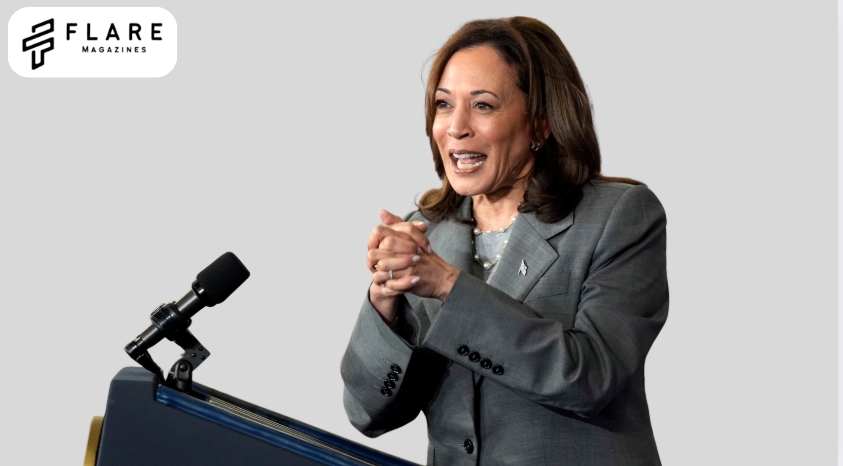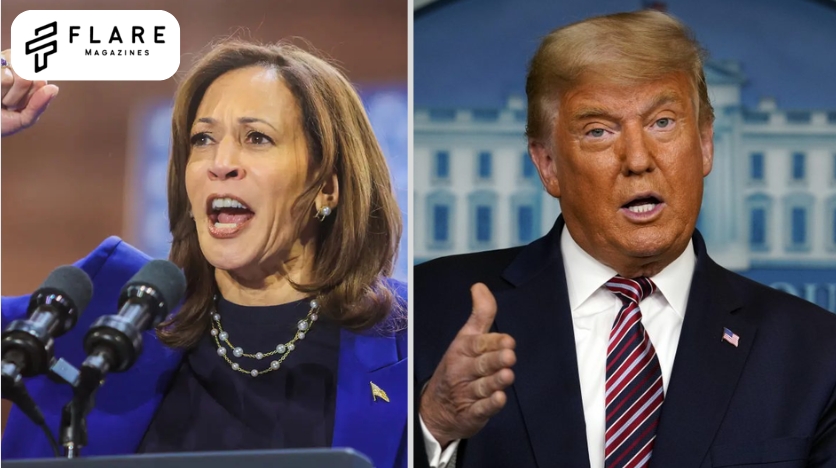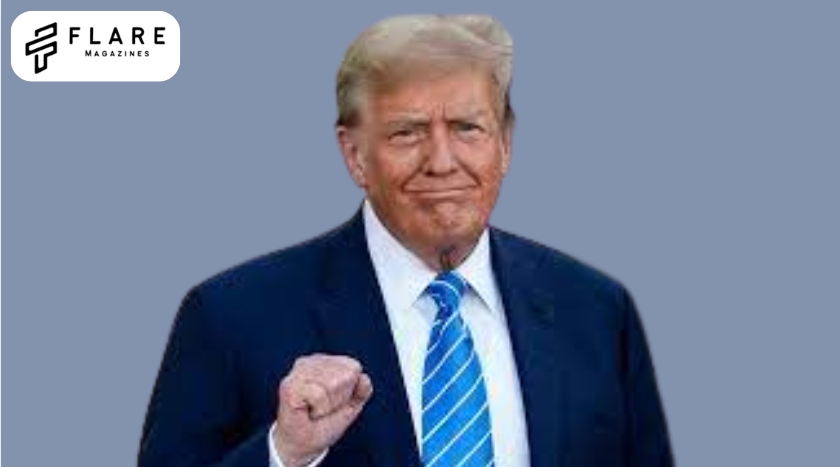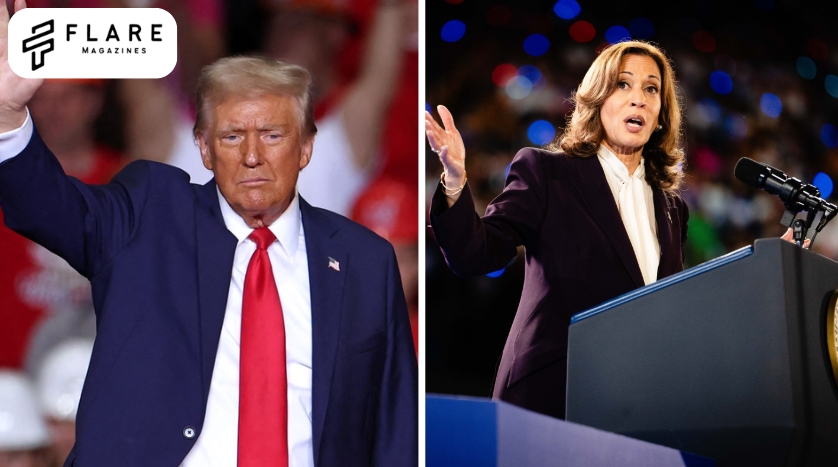In the rapidly evolving landscape of political forecasting, platforms like Vegas Insider have become critical barometers for gauging presidential election probabilities. Unlike traditional polls that measure voter intent, betting odds reflect market-driven predictions of actual outcomes, synthesizing data, sentiment, and real-money wagers into implied probabilities. For the 2024 race, these odds show a stark contrast with conventional polling: While national surveys depict a neck-and-neck contest between Trump and Harris, betting markets such as Polymarket and BetOnline consistently assign Trump a commanding 60–67% chance of victory, with Harris trailing at 33–40% 310. This divergence underscores a growing reliance on “gambling polls” by analysts and even campaigns—Trump himself cited odds of “65 to 35” during a Georgia rally 10.
The influence of high-volume bettors further complicates these odds. Recently, a single Polymarket user (“Fredi9999”) placed over $14 million on Trump, potentially skewing state-level odds in battlegrounds like Pennsylvania and Arizona 11. Meanwhile, speculative markets for 2028 already project Vice President JD Vance as the frontrunner (+327 odds), alongside rising figures like Gavin Newsom—whose odds improved amid immigration protests 212. Even constitutional barriers, such as term limits, are discounted; Trump’s 2028 odds surged to 6-to-1 based on theories of “emergency powers” 2. As Vegas-style odds permeate political discourse, they offer a provocative—if controversial—lens on America’s electoral future.
The Billion-Dollar Crystal Ball: Where the Real Money Lies
The scale is staggering. Over $2 billion has already flooded prediction markets for the 2024 election, dwarfing previous cycles 8. Platforms like Polymarket (backed by tech titans Peter Thiel and Vitalik Buterin) have become the de facto Vegas sportsbooks for politics, attracting over $1.2 billion in bets on the presidency alone 13. Why the frenzy?
- Skin in the Game Beats Opinion: As Polymarket backer Nate Silver argues, betting markets force participants to back beliefs with money, creating a powerful incentive for accuracy. “If you’re not very smart, or very biased, you’re going to lose your money pretty quickly,” explains Maxim Lott of ElectionBettingOdds.com 8. This contrasts with polls, which merely capture fleeting sentiment.
- Real-Time Reactions: Markets react instantly to events – a debate gaffe, a scandal, an endorsement. When Kamala Harris performed well in her first debate against Trump, her odds surged on Betfair Exchange as $750,000 poured in within 50 minutes 6. Polls take days to reflect such shifts.
- The “Whale” Effect: Mystery high-rollers are moving markets. Polymarket saw Trump’s odds jump 10% overnight after an Elon Musk tweet proclaiming betting markets “more accurate than polls” 10. Even more dramatic, a single individual (or group) placed a staggering $30 million bet on Trump via Polymarket, instantly cementing his status as the heavy favorite 510.
The Oddsboard: Trump’s Commanding Lead (As of Late October 2024)
Here’s where the major prediction markets stand, painting a consistent picture of Trump as the favorite:
- Polymarket: Trump 60% – Harris 40% 510
- Election Betting Odds (Aggregate): Trump 58.5% 8
- RealClearPolitics (Betting Avg): Trump 59% 8
- Betfair: Trump 58% 5
- Smarkets: Trump 58% 5
- Star Sports: 95% of recent bets back Trump, with odds implying a 60% win probability (4/6) vs. Harris’s 42% (11/8) 12

Table: Major Prediction Market Odds (Late Oct 2024)
| Platform | Trump Win Probability | Harris Win Probability | Key Notes |
|---|---|---|---|
| Polymarket | 60% | 40% | $1.2B+ volume; $30M “whale” bet |
| Election Betting Odds | 58.5% | 41.5% | Aggregates major markets |
| RealClearPolitics | 59% | 41% | Betting average |
| Betfair | 58% | 42% | $82M+ traded |
| Star Sports | 60% (Implied) | 42% (Implied) | 95% of recent bets back Trump |
Why the Markets Favor Trump: Decoding the Signal
This divergence from tightening national polls isn’t random noise. Betting markets are pricing in crucial dynamics:
- The Electoral College Edge: Markets heavily weight the path to 270, not the popular vote. Trump consistently leads in betting odds for crucial swing states like Pennsylvania (19 EVs), Georgia (16 EVs), Arizona (11 EVs), and Nevada (6 EVs) 51214. Star Sports lists Trump as the favorite in all seven key swing states (MI, WI, PA, NC, GA, NV, AZ), offering 15/8 odds on a clean sweep 12. This reflects a belief that Trump’s coalition is more efficiently distributed across the battleground map.
- The “Fundamentals” Factor: Bettors see underlying currents favoring the challenger. Persistent issues like inflation and immigration are perceived as millstones for the incumbent Democratic ticket 8. Harris’s post-convention polling bounce is viewed by the markets as a temporary “honeymoon period” now fading 8.
- Enthusiasm & Base Mobilization: Record-breaking Republican early voting turnout in Nevada (nearly 20k more GOP votes than Dem) signals intense base energy, a metric markets watch closely 12. The composition of the betting pool itself (reportedly overwhelmingly male and potentially leaning conservative/libertarian) might also reflect this perceived enthusiasm gap 1013.
- The “Whale” Confidence: Massive bets like the $30 million Polymarket wager aren’t just noise; they signal profound confidence from players with significant resources and, presumably, insights. This moves markets and influences perception.

The Polling Paradox: When Betting Markets and Surveys Clash
While markets favor Trump, national polling averages still show a razor-thin lead for Harris (approx. 48-49% vs. Trump’s 46-47%) 514. Swing state polls are incredibly tight, mostly within the margin of error, though Trump holds slight leads in most 14. Why the disconnect?
- Different Questions: Polls ask: “Who do you support?” Markets ask: “Who do you think will win?” These can diverge significantly, especially with undecided voters or perceptions of electoral mechanics.
- Incorporating Uncertainty: Markets inherently price in risk – the chance of an October surprise, debate impacts, turnout models, or unforeseen events. Polls are snapshots.
- The 2016 Shadow: Markets famously underestimated Trump in 2016 (giving him only a 17% chance on Election Day per Betfair 6). This memory makes them potentially more cautious about dismissing his chances now. Nate Silver notes this potential bias, suggesting Trump-leaning users on platforms like Polymarket could skew results 5, though others argue the money forces objectivity.
- Methodology & Audience: Prediction market users (often crypto-savvy, financially engaged, disproportionately male) are a different demographic than the broader electorate captured in polls 1013.
Table: Key Swing State Polling Averages vs. Market Sentiment (Late Oct 2024)
| Swing State (EVs) | Avg. Polling Lead | Market Favorite (Per Odds) | Critical Factor |
|---|---|---|---|
| Pennsylvania (19) | Trump +0.5% | Trump | $138M ad spend; Anti-Trump sentiment vs. Demographics |
| Michigan (15) | Harris +1.6% | Trump (Star Sports) | Obama’s campaigning for Harris |
| Wisconsin (10) | Trump +0.2% | Trump (Star Sports) | Razor-thin margin |
| Arizona (11) | Trump +2.2% | Trump | Key for Trump’s Sun Belt strategy |
| Georgia (16) | Trump +2% | Trump | High GOP early vote turnout |
| Nevada (6) | Trump +0.4% | Trump | Record GOP early vote advantage |
| North Carolina (16) | Trump +1.4% | Trump | Traditionally leans red; crucial for Trump firewall |
Expert Voices: Navigating the Noise
Amidst the data clash, expert forecasts are split, mirroring the market/poll tension:
- Nate Silver (FiveThirtyEight): “My gut says Trump will win,” though his model gives Trump only a 52% chance, labeling it a pure toss-up 14. He warns markets can be skewed by participant demographics 5.
- Allan Lichtman (Historian – “Keys to White House”): Predicts a Harris win, dismissing polls and markets in favor of his 13-key historical model 14.
- James Carville (Democratic Strategist): “Certain” Harris will win, citing traditional coalition building 14.
- Christophe Barraud (“World’s Most Accurate Economist”): Predicts a Trump win + GOP Senate control, foreseeing economic impacts focused on tariffs 14.
- Star Sports Analysis: “It’s been the busiest and most seesaw election we’ve covered… but Trump is comfortably in the driving seat according to the betting” 12.

Vegas Insider Edge: How to Read the Odds Like a Pro
Treating prediction markets like gospel is risky. Here’s how to interpret them smartly:
- Follow the Momentum, Not Just the Level: Track changes in odds. Harris’s debate surge was real but fleeting. Trump’s steady climb since early October is significant 58.
- Swing States are King: Ignore national odds. Drill into state-specific markets (e.g., PA, GA, AZ). Trump’s strength here is the core of his market advantage 51214.
- Beware the Whale: Massive bets move markets but don’t guarantee outcomes. Ask: Is this informed insight or just a rich gambler’s hunch?
- Compare & Contrast: Never rely on one platform. Check aggregates (ElectionBettingOdds, RCP) and regulated/academic markets like PredictIt or Kalshi (which currently show tighter races) 81013.
- Context is Everything: Pair market data with polls, ground game reports (like early voting), fundraising, and expert analysis. Markets are one powerful tool, not the oracle.
FAQs
1. Is there a Vegas line on the presidential election?
Las Vegas sportsbooks do not offer presidential odds due to U.S. legal restrictions; “Vegas-style” odds typically refer to overseas markets like Polymarket or Bet365 710.
2. Where can I bet on U.S. President odds?
Overseas platforms (e.g., Polymarket, Bet365) or U.S. brokers (e.g., Kalshi, Robinhood until Jan 2025) offer presidential odds, with Trump at 57-62% and Harris at 38-40% pre-election 31012.
3. Do U.S. sites like DraftKings offer presidential odds?
No, regulated U.S. sportsbooks (DraftKings, FanDuel) cannot legally offer political betting; they only ran free-to-play pools in 2020 713.
4. What are the odds of becoming President?
Statistically, you’re 25× more likely to become president than win Powerball (assuming equal chances for all U.S. residents) 6.
5. Are “Vegas odds” and overseas betting odds the same?
Overseas markets set the odds (e.g., Polymarket: Trump 59%, Harris 38%); U.S. media like USA TODAY cite these but do not produce independent odds 312.

